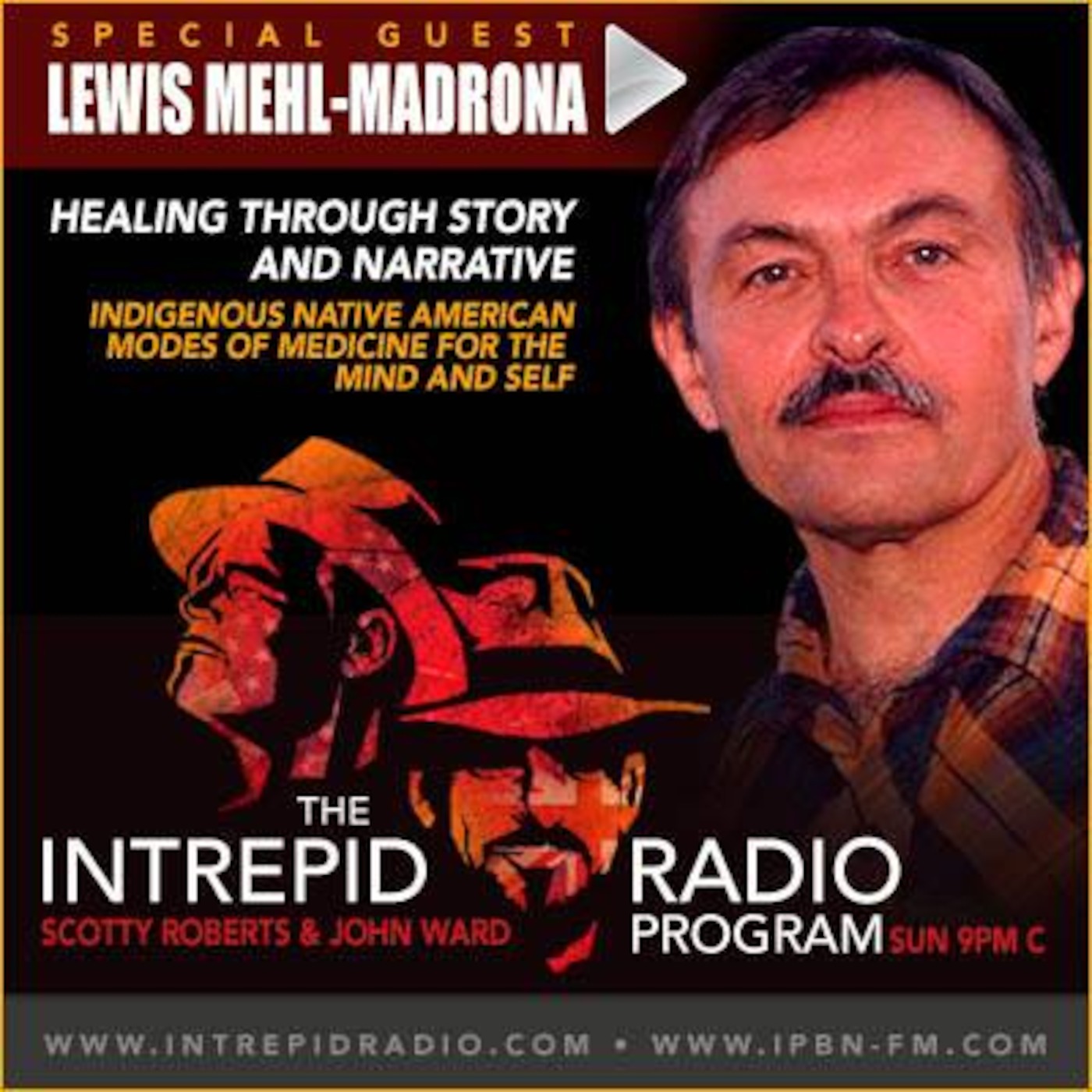6_28_15 The INTREPID RADIO PROGRAM with Scotty Roberts and John Ward with guest Lewis Mehl-Madrona
- Author
- IPBN-FM.com
- Published
- Mon 29 Jun 2015
- Episode Link
- https://www.podomatic.com/podcasts/ipbn/episodes/2015-06-29T06_05_13-07_00
Lewis Mehl-Madrona, MD, who graduated from Stanford University School of Medicine and trained in family medicine, psychiatry, and clinical psychology. He has been on the faculties of several medical schools, most recently as associate professor of family medicine at the University of Saskatchewan College of Medicine. He continues to work with aboriginal communities to develop uniquely aboriginal styles of healing and health care for use in those communities. He is also currently working with people who have been diagnosed with schizophrenia to explore healing through dialogue in community. He is the author of Coyote Medicine, Coyote Healing, and Coyote Wisdom, a trilogy of books on what Native culture has to offer the modern world. He has also writtenNarrative Medicine and, his most recent book, Healing the Mind through the Power of Story: the Promise of Narrative Psychiatry.
Lewis currently teaches with the Clinical Psychology Program at Union Institute & University in Brattleboro, Vermont, and with Johnson State College's Wellness and Alternative Medicine major. He maintains a part-time private practice of family medicine and psychiatry and serves on the Board of Directors of the Coyote Institute for Studies of Change and Transformation. In his clinical work, he teachers medical students and doctors in training from several New England institutions.
Lewis has been studying traditional healing and healers since his early days and has written about their work and the process of healing. His primary focus has been upon Cherokee and Lakota traditions, though he has also explored other Plains Cultures and those of Northeastern North America. His goal is to bring the wisdom of indigenous peoples about healing back into mainstream medicine and to transform medicine and psychology through this wisdom coupled with more European derived narrative traditions. He has written scientific papers in these areas and continues to do research. He writes a weekly (almost) blog on health and mental health for www.futurehealth.org. His current interests center around psychosis and its treatment within community and with non-pharmacological means, narrative approaches to chronic pain and its use in primary care, and further developing healing paradigms within a narrative/indigenous framework.
